Christos Tsiamis
EPA Senior Project Manager for the Gowanus Superfund
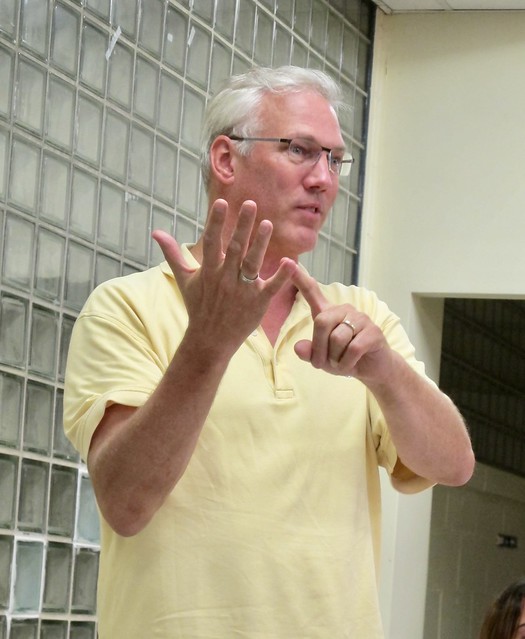
Brian Carr, EPA Region 2 Legal Council
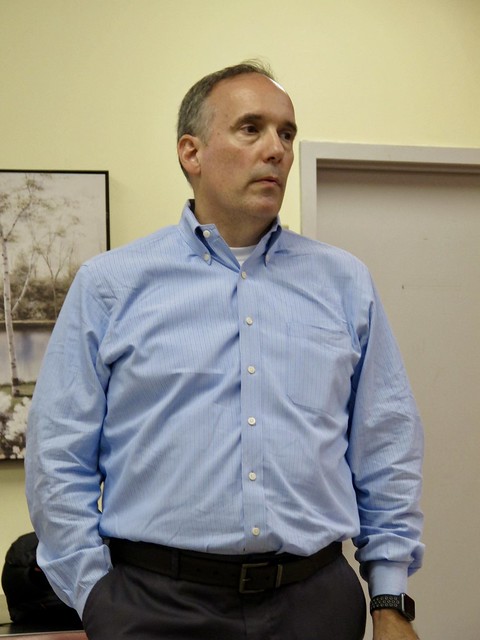
Doug Sarno, Gowanus Canal CAG facilitator
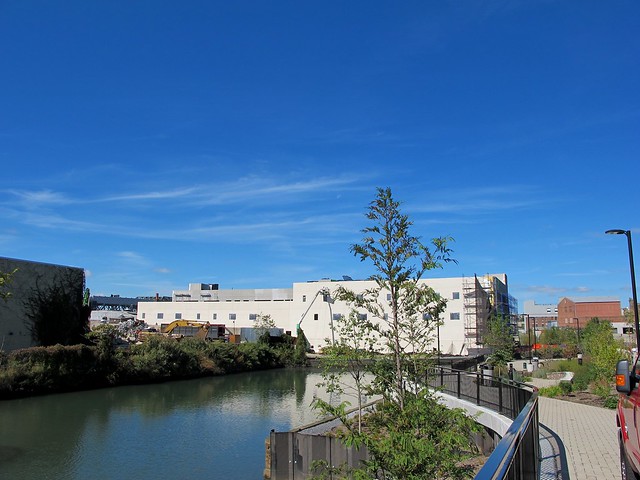
4th Street Basin next to Whole Foods in Gowanus
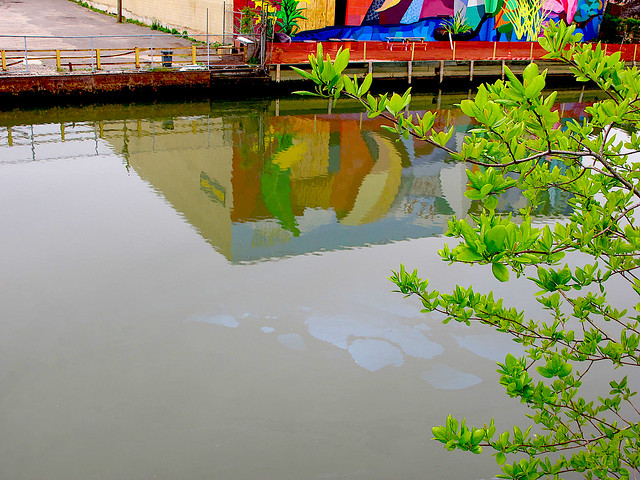
Get ready to see a lot of activity on the Gowanus Canal related to the U.S. Environmental Protection Agency Superfund clean-up of our polluted waterway.
"We are at a point where the community will see work happening in the canal"
Christos Tsiamis, Senior Project Manager for the Gowanus Superfund site told members of the Gowanus Canal Community Advisory Group at its September meeting last night.
Tsiamis explained that the second phase of a Pilot Study will begin shortly at the 4th Street Turning Basin, located at the intersection of 4th Street and 3rd Avenue next to the Gowanus Whole Foods. The work will comprise dredging the toxic black sediment at the bottom of the basin and capping it to prevent recontamination. The results of this work will inform EPA and help fine-tune different techniques that will eventually be applied to the entire canal.
"We are at a point where the community will see work happening in the canal"
Christos Tsiamis, Senior Project Manager for the Gowanus Superfund site told members of the Gowanus Canal Community Advisory Group at its September meeting last night.
Tsiamis explained that the second phase of a Pilot Study will begin shortly at the 4th Street Turning Basin, located at the intersection of 4th Street and 3rd Avenue next to the Gowanus Whole Foods. The work will comprise dredging the toxic black sediment at the bottom of the basin and capping it to prevent recontamination. The results of this work will inform EPA and help fine-tune different techniques that will eventually be applied to the entire canal.
You may remember that the first phase of the Pilot Study was carried out in October 2016 and consisted of clearing obstructions from the basin which obstructed navigational access. (for photos of the intriguing objects and material dredged up can be found here.)
During the study, as throughout the entire clean-up process, the EPA will use Public Place, the large City-owned site at Smith Street and Huntington Street, as a staging area.
EPA Region 2 will prepare an official fact sheet shortly that will inform the community of the schedule for this work. As soon as we receive a copy, we will post it here.
Starting next week, equipment will be moved into the 4th Street Basin. By October 5th, preparatory dredging will take place to create enough depth in the basin so that barges can be moved further onto the site. At the end of October, both shores of the basin will be stabilized with bulkheads, and by the first week in December, the actual dredging will begin.
"The dredging will take at least two months," Tsiamis told CAG members.
It will be followed by placing the cap.
"The entire pilot study will take us to the end of April, beginning of May," Tsiamis explained.
EPA Region 2 will prepare an official fact sheet shortly that will inform the community of the schedule for this work. As soon as we receive a copy, we will post it here.

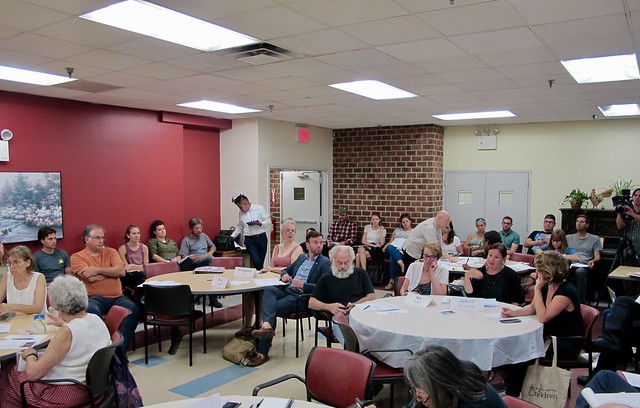
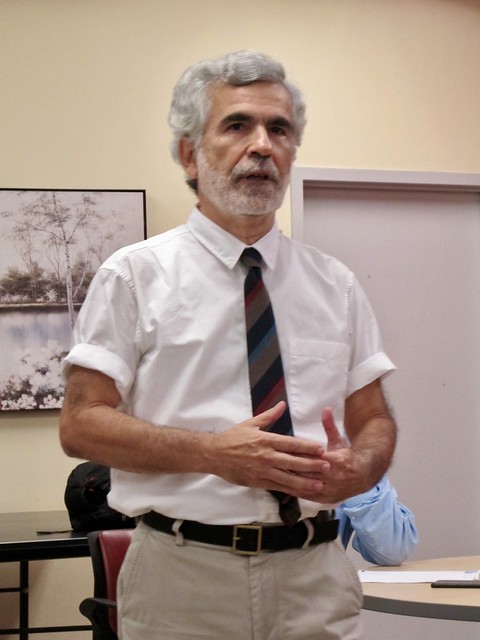
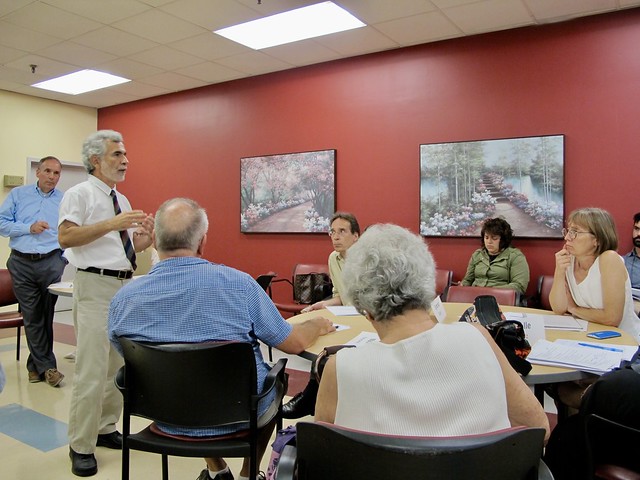






.JPG)

7 comments:
Welcome back. Thanks for the update.
You are quite welcome, Rose.
What happened to the film studio that was to be used for the clean up? Did they get spared?
That remains to be seen, Anon, but it is clear that the City wants to use the site of Eastern Effects as a staging area while the large sewage retention tank at the head of the canal is built.
The City was going to help Eastern Effects with finding another site for their studio, but last time I talked to their representative, that had not happened yet.
After the 4th St. basin cleanup is complete next Spring, how will the basin be protected from recontamination during rainfall?
Is re-contamination due to the all of the raw sewage in the Gowanus Canal an issue Katia? Raw sewage spills over into the Gowanus Canal every time it rains a lot. Am I right Katia? I can see it myself (and smell it).
You are correct, Anon.untill the city builds the two Combined Sewer overflow retention tanks, raw sewage will still contaminate the canal. Hopefully, once the tanks are in place, that problem will be significantly managed. At least, that is the plan...and hope.
Post a Comment